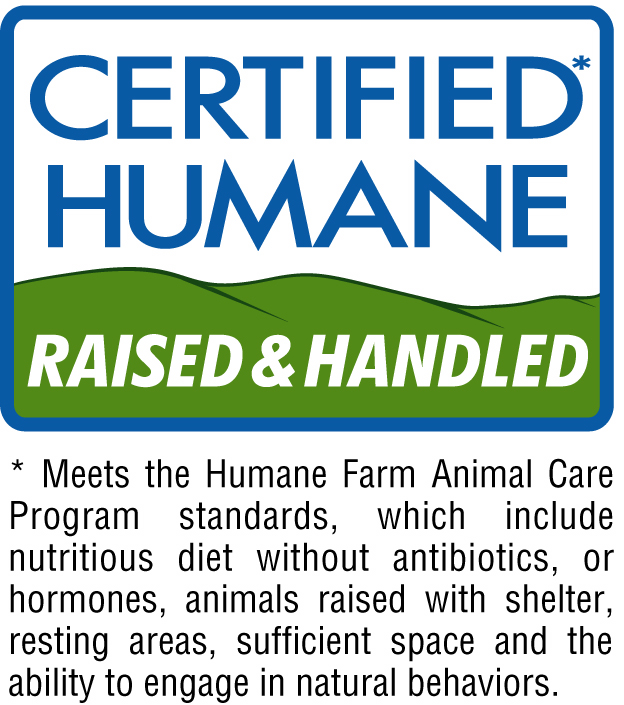Certifications Guide
Written By:
WholeFoods Magazine Staff
According to the Natural Marketing Institute (NMI), over 400 registered green logos exist worldwide (1). Most consumers say they are more likely to buy products with green seals, says NMI (1), and there are good reasons why. Certifications help a product standout in saturated markets. Seals that consumers trust show the product maker is responsible and cares about the same issues that are important to shoppers, be it kosher, fair trade or humanely raised animals. Organizations that offer reputable seals have staff available to walk you through gaining their specific certification, which may include label review, traceability, facility visits and more. Often, the process isn’t as intimidating or as costly as one may think.
Here, we present a snapshot of some of the most commonly used certifications in the natural and organic products industry…
Humane Farm Animal Care, Certified Humane Raised and Handled
 The Certified Humane® program has the highest animal welfare standards for farm animals in food production and is endorsed by 44 humane organizations. Certified Humane has the highest recommendation as an Eco-Label from Consumer Reports and is a label consumers find easy to understand. The program has one standard per species, one certification, one label; this contrasts with multiple steps, which can be confusing to consumers.
The Certified Humane® program has the highest animal welfare standards for farm animals in food production and is endorsed by 44 humane organizations. Certified Humane has the highest recommendation as an Eco-Label from Consumer Reports and is a label consumers find easy to understand. The program has one standard per species, one certification, one label; this contrasts with multiple steps, which can be confusing to consumers.
The Standards are written by a 25-member Scientific Committee of animal scientists and veterinarians and cover all major farm animal species, as well as poultry and livestock slaughter. Certification requirements include farm inspections, slaughter inspections and traceability audits.
Certification costs are $600/day for inspections (two nearby farms can split the $600 fee if inspected on the same day), and minimal certification fees for products sold (e.g., $0.0001 per egg, and 1/10th of a cent per gallon of milk).
Read the complete article here.

WholeFoodsMagazine.com
Posted: December 20, 2012 by Certified Humane
Certifications Guide
Written By:
WholeFoods Magazine Staff
According to the Natural Marketing Institute (NMI), over 400 registered green logos exist worldwide (1). Most consumers say they are more likely to buy products with green seals, says NMI (1), and there are good reasons why. Certifications help a product standout in saturated markets. Seals that consumers trust show the product maker is responsible and cares about the same issues that are important to shoppers, be it kosher, fair trade or humanely raised animals. Organizations that offer reputable seals have staff available to walk you through gaining their specific certification, which may include label review, traceability, facility visits and more. Often, the process isn’t as intimidating or as costly as one may think.
Here, we present a snapshot of some of the most commonly used certifications in the natural and organic products industry…
Humane Farm Animal Care, Certified Humane Raised and Handled
The Standards are written by a 25-member Scientific Committee of animal scientists and veterinarians and cover all major farm animal species, as well as poultry and livestock slaughter. Certification requirements include farm inspections, slaughter inspections and traceability audits.
Certification costs are $600/day for inspections (two nearby farms can split the $600 fee if inspected on the same day), and minimal certification fees for products sold (e.g., $0.0001 per egg, and 1/10th of a cent per gallon of milk).
Read the complete article here.
Category: news